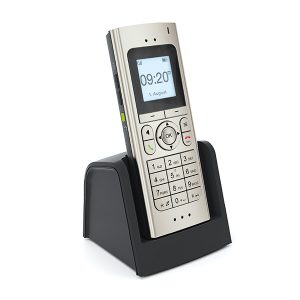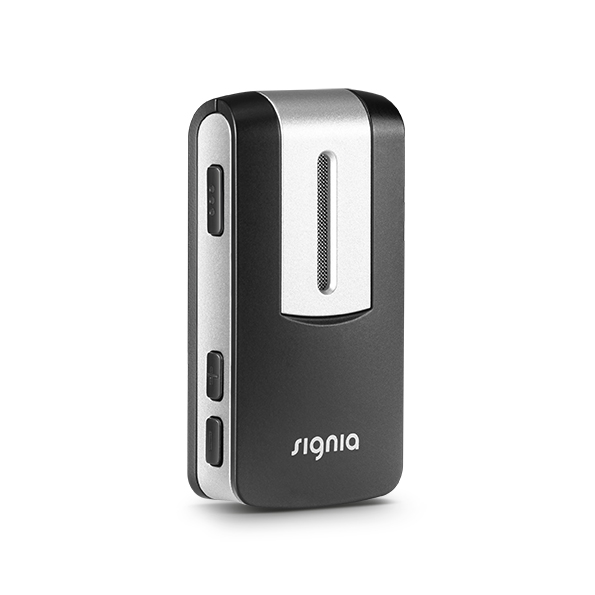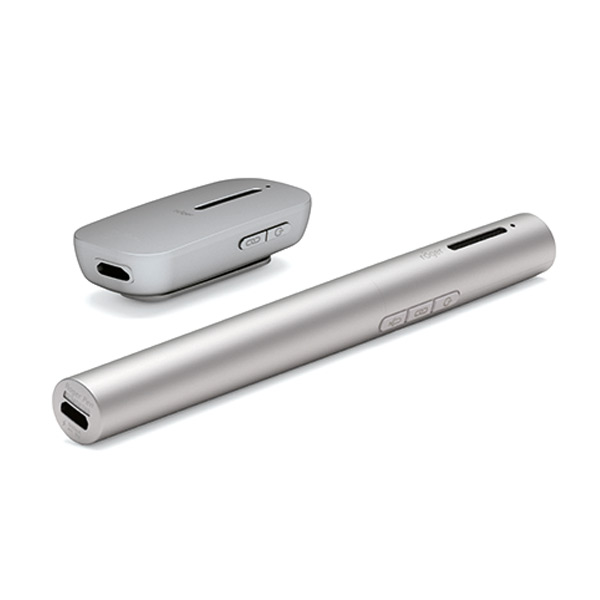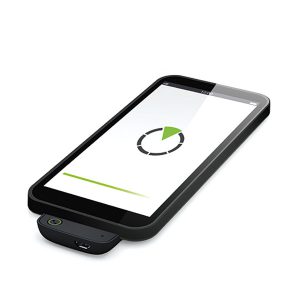
What are Assistive Listening Devices (ALDs)?
Hearing aids are designed to help people hear and communicate better. There are some situations, however, when hearing aids alone do not solve the communication difficulty.
An ALD refers to any device that allows a person with a hearing loss to hear and communicate more meaningfully. Due to advances in digital hearing aids and wireless technology, there are more and more devices available today to help people with hearing loss. These devices may include systems to help people hear better in background noise or specialized telephones designed to connect directly to both hearing aids by simply picking up the handset. ALDs allow a person to listen to music or talk on a cellphone without even having to take it out of their pocket. ALDs improve day-to day communication above and beyond the benefits of hearing aids.
Bluetooth and Other Wireless Technology
Many manufacturers now produce hearing aids that are compatible with Bluetooth or other wireless technology. We offer devices that allow your hearing aids to connect hands-free to your cellphone, tablet, computer, television, or even landline. This enables the sound signal you’re listening to, to come directly through both of your hearing aids. The result is reduced surrounding noises, improved sound quality and better performance in these environments.
With direct connectivity to the devices, environmental noises can be reduced or even eliminated. Hearing something in your ear without the background noise is an ideal listening environment for anyone, especially those individuals with a hearing loss.


Personal FM Systems
Some people cannot have a successful conversation in background noise. The FM system makes this possible; newer systems are very small and easy to use.
Personal FM systems can be used with hearing aids. They improve communication in background noise or with speech at a distance. This technology allows a person to be directly connected to the speaker. The speech is received directly in the ears through the hearing aids. Ambient noises are reduced and the speech signal is enhanced. This is helpful for people with very challenging hearing losses who have difficulty understanding speech, or individuals who are not successful in noisy environments with their hearing aids alone.
Patients wear a pickup device (or receiver) either integrated onto their hearing or around their neck. A small microphone (transmitter) is worn by their communication partner or placed near the person they want to hear. The sound that the person wants to hear is sent wirelessly from the microphone to the pickup device and received into both of the hearing aids. This allows sound from a distance of 20-30 feet to be delivered clearly to a person’s ears. It therefore helps cut out background noise significantly. FM systems are helpful in classroom environments, large groups, meetings and church, or one-to-one communication in noisy environments like coffee shops or restaurants or in the car.
Other Helpful Assistive Listening Devices
They are many assistive listening devices available that might suit your specific needs.
- Amplified telephones
- Vibrating alarm clocks
- Smoke detectors
- Amplified wireless TV headphones
- Cell phone Bluetooth adapters
- Direct to hearing aid TV streamers
Technology does not have to be intimidating. It is available to help people participate more fully in their daily lives. People don’t have to be ‘tech savvy’ to use these devices. They have been designed with simplicity in mind.
Do you think you or a loved one might benefit from an assistive listening device?


